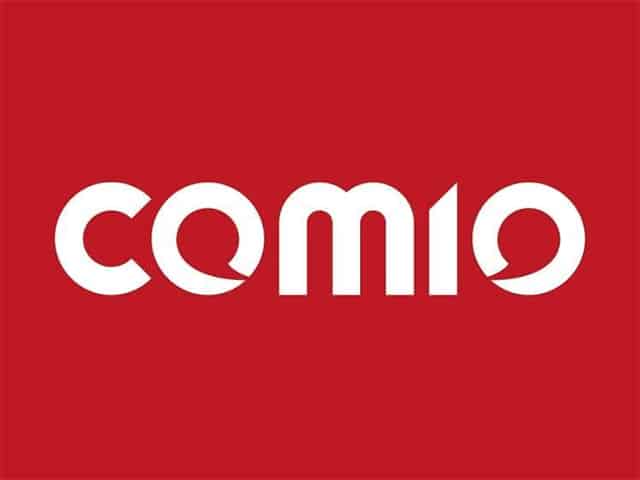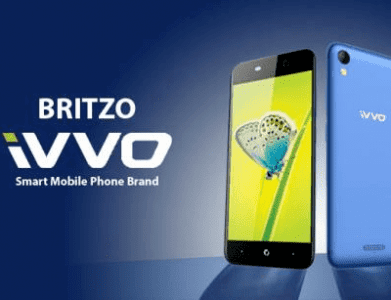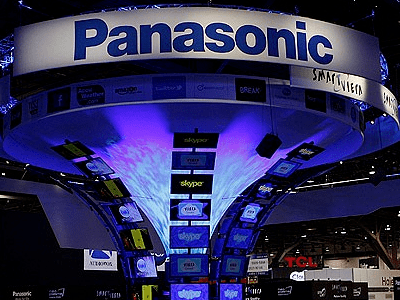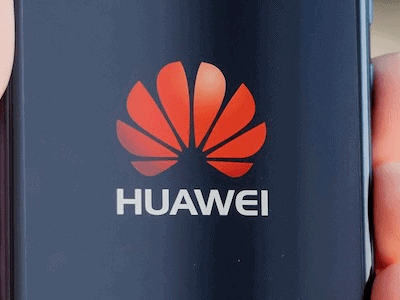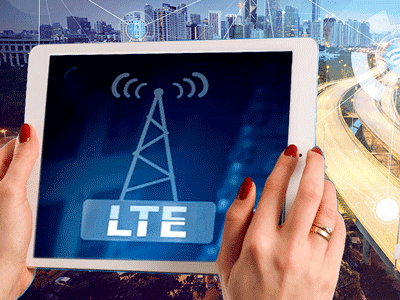It may be too early to comment arithmetically about the performance of Comio as a Smartphone brand in India. What is interesting is how the OEM powered brand is taking lessons from the mistakes of past OEMs who directly ventured in India through owned brand.
After the success of brands like Oppo and Vivo on the Indian turf, the interest of OEMs started rising about directly building in India. Transsion Holdings owned iTel made a disruption in the Featurephone segment that was traditionally strong den of Indian brands. Oppo and Vivo taken together for Smartphones and iTel for Featurephones established OEMs in India. This triggered the trend of others also coming in to India which continues even today.
Topwise owned Comio entered in India in 2017. It had a lot of insights about how OEMs faired in India. At the same time there were mistakes to learn from. Fortunately, the brand has taken cognizance of the mistakes as well and their approach from the inception has been not to replicate them.
While brands like Oppo and Vivo stagnated in the Smartphone arena, iTel continued to register its growth predominantly propelled by Featurephones where it stood 2nd in 2017 with 13% market share next to Samsung. Even with impressive numbers in less than 3 years and predominantly a Featurephone brand, iTel is still not very well recognised brand amongst users. It is still an unknown brand to many people including some of the people who are distantly associated with the industry, not to talk of users alone. One of the reasons for this is that iTel always remained a low-profile brand with the rationale that the segments its catering to would want an affordable phone rather than a known brand. At the same time, iTel spent on the channel building and incentivising rather than the usual marketing activities.
Oppo and Vivo, being in the Smartphone segment, could not afford to go without marketing. However, the issue with their marketing belief is not being able to be persistent. The reason was very simple. Oppo and Vivo did a marketing big-bang which was not sustainable over a long period of time. They resorted to something that can be called as ‘burst’ marketing and then couldn’t sustain with same vigour.
Well, not being able to sustain the marketing levels is not the only reason for stagnation of Oppo and Vivo. They also could not keep the ‘burst’ in the channel as well and the channel ‘influencing’ strategy they adopted was either easily replicable or became unviable for them to continue for a longer duration.
So, both Oppo/Vivo and iTel marketing strategies did not help the brands to establish. The success in terms of numbers is definitely commendable. However, marketing is not only to reason numbers. It is to build a cult, a community. That is what did not result in either case.
Comio on the other hand from the first day of launch appeared to be more persistent in its approach. It is among only few brands in Smartphones in the country right now, which is doing digital marketing in a very focused and persistent manner. At the same time the connect with students by engaging with educational institutes has been another intelligent thing to do. It goes without saying that it also focused on the traditional channels of marketing like TV, print and roadside marketing.
All brands do start with most of the marketing channels. But, in course of time, they either go low with some or completely divest, which breaks the momentum and negates the RoI on marketing spend. Contrary to this, Comio has been consistent in its marketing across all platforms and has first of all been able to build followers and then keep them persistently engaged. This not only has brought a lot of industry recognition for the brand but also helped it achieve better brand recognition than many of its counterparts who came in much earlier and have even grown big. But, what they miss is cult or influence in the market amongst users, which is very essential for any Smartphone brand to emerge successfully. This has been the Xiaomi as well as OnePlus mantra and would continue to be so. Brands shall have to continue invest in building and nurturing communities persistently. That’s what Comio has picked up from very early stage and is a promising brand in making.




